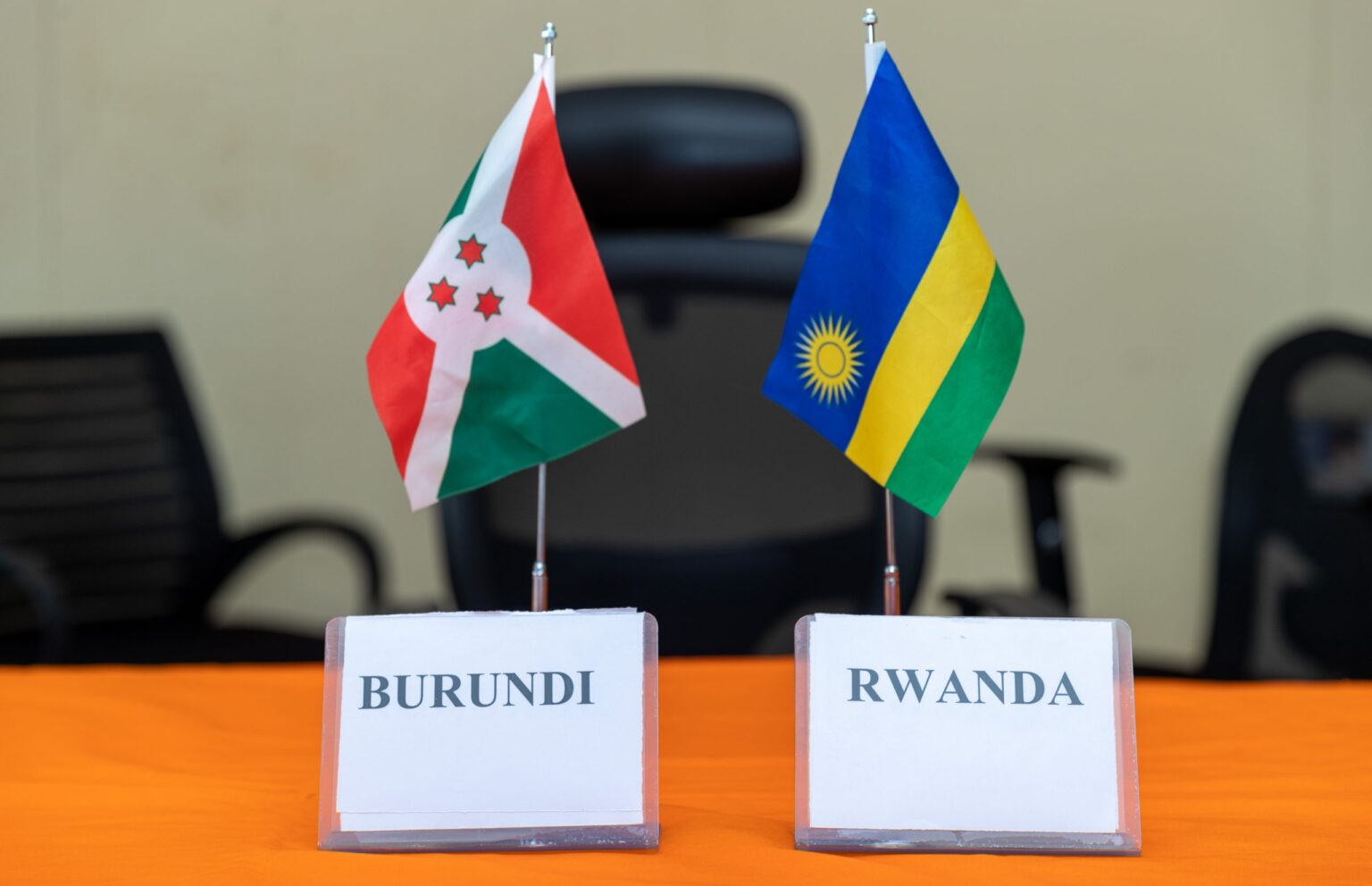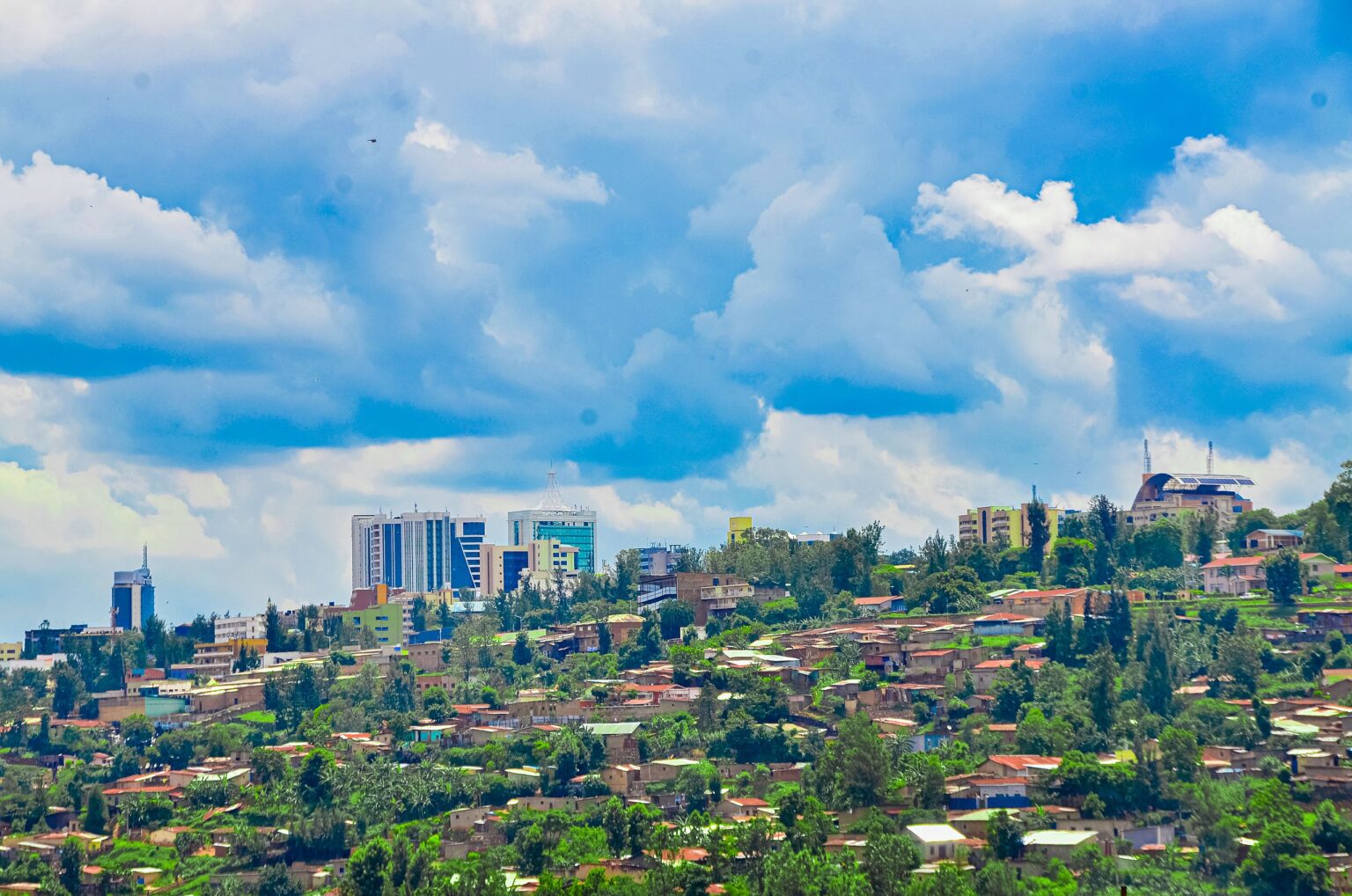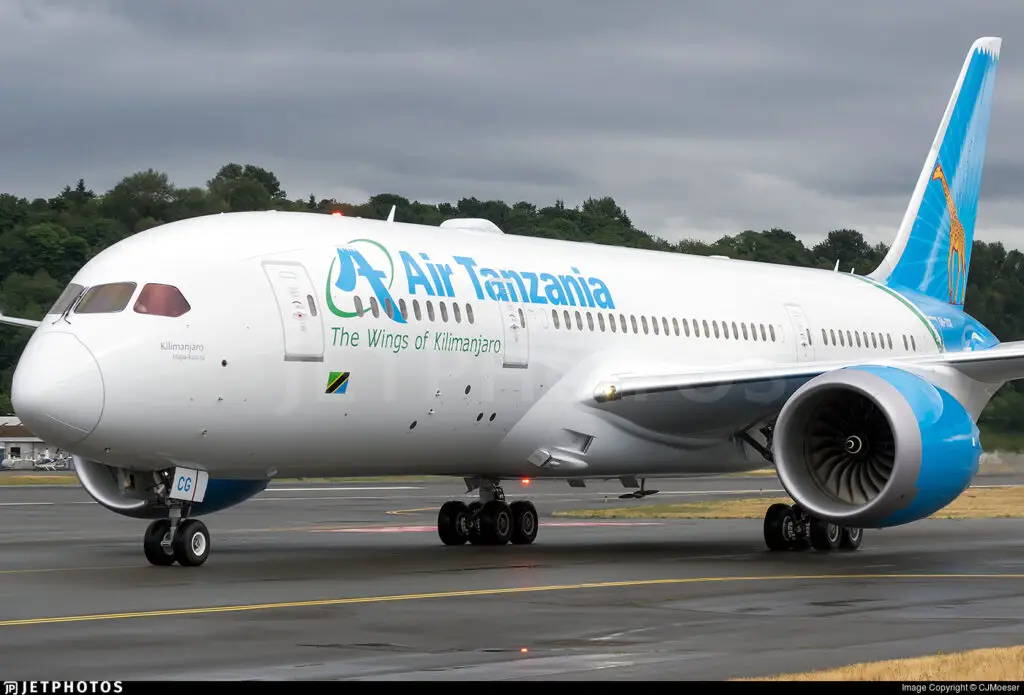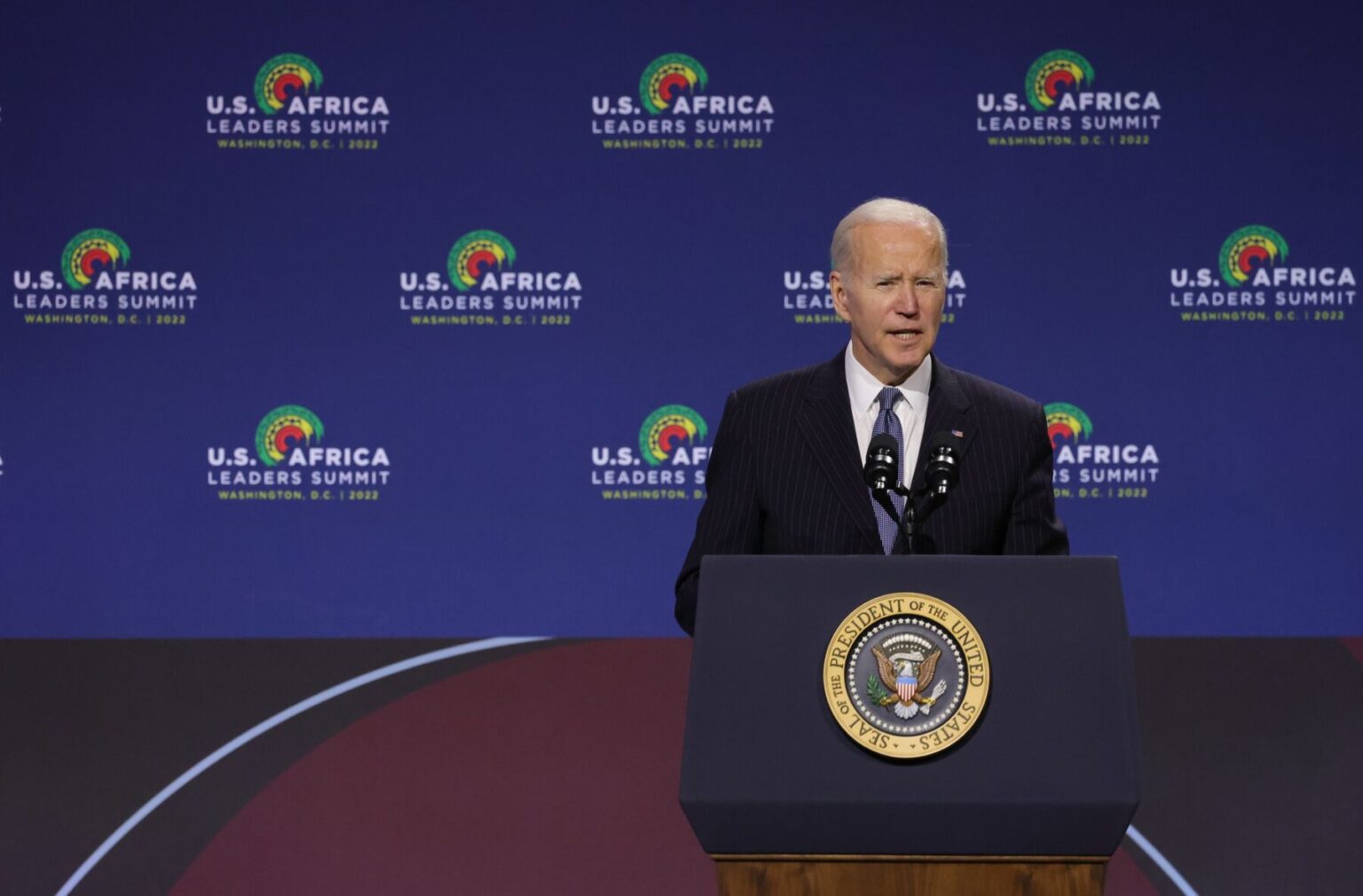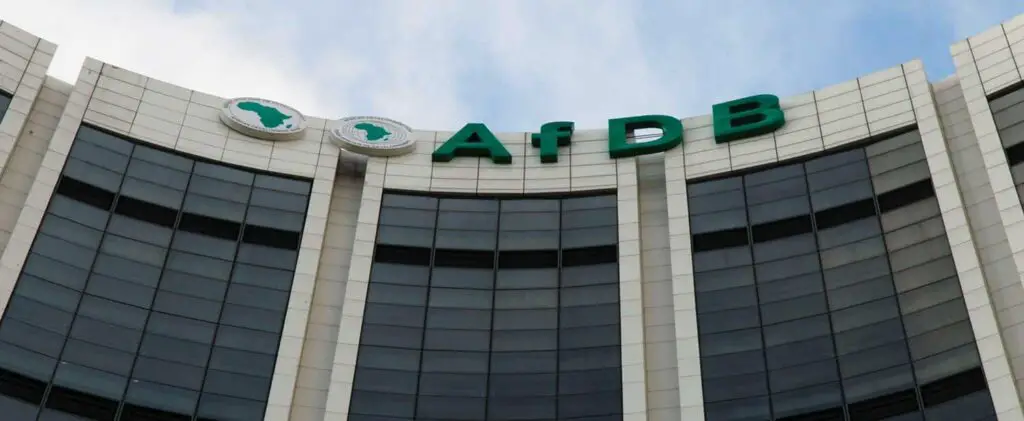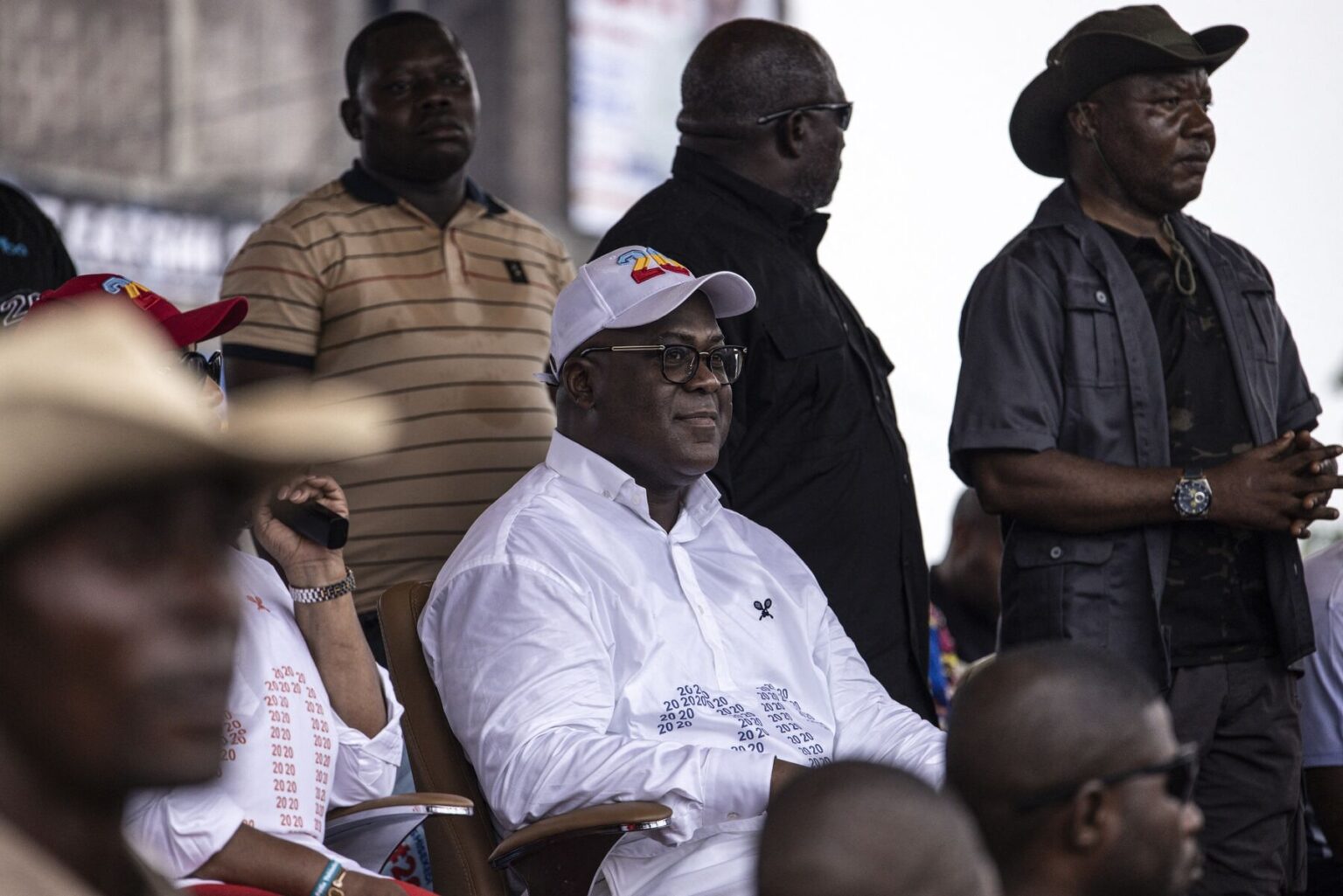- Kenya-Ethiopia Trade Relations: Legislators Advocate for Policy Alignment to Boost Ties
- Visualising the state of debt in Africa 2024
- Abu Dhabi radiates optimism as over 300 startups join AIM Congress 2024
- TLcom Capital Raises $154 million in Funding to Boost Its African Growth
- Africa’s $824Bn debt, resource-backed opaque loans slowing growth — AfDB
- LB Investment brings $1.2 trillion portfolio display to AIM Congress spotlight
- AmCham Summit kicks off, setting course for robust future of US-East Africa trade ties
- Why the UN is raising the red flag on the UK-Rwanda asylum treaty
Author: James Ndwaru
I am a writer based in Kenya with over 10 years of experience in business, economics, technology, law, and environmental studies.
- The men’s world marathon record holder, Kelvin Kiptum has died in a road accident aged 24, in Kenya, his home country.
- Born in the Rift Valley, Kenya’s long-distance running bastion, Kiptum was barely a teen when he began following elite athletes training in the legendary high-altitude region.
- At just 24 Kiptum was one of the most exciting road-running prospects in recent years.
The men’s world marathon record holder, Kelvin Kiptum has died in a road accident aged 24, in Kenya, his home country. The grisly road accident also claimed the life of Kiptum’s coach, Rwandese Gervais Hakizimana, with a third occupant of the vehicle, Sharon Kosgey, surviving the crash and rushed to hospital.
The police have reported that Kelvin Kiptum, lost control of his vehicle while driving in Kaptagat Uasin Gishu County, in the southwestern part of Kenya, at 11 pm local time.
According to the local county commander, Peter …
- Burundi and Rwanda relations have hit a new low, with the Burundian government suspending ties with Rwanda, closing the Rwandan border.
- The diplomatic row between Burundi and Rwanda has a complex history, with tensions dating back to the colonial era and continuing into the post-independence period.
- The border closure further strains relations between Burundi and Rwanda, as well as the larger East African Community (EAC).
Burundi and Rwanda relations have hit a new low, with the Burundian government suspending ties with Rwanda, closing the Rwandan border, and “chasing” out Rwandese nationals.
Burundi has accused its neighbour of supporting rebel attacks in the region. The move comes after Burundi’s President Évariste Ndayishimiye accused Rwanda of backing the Red Tabara rebel group, which orchestrated an attack near Burundi’s western border, where 20 people lost their lives, including women and children.
“We have closed our borders (with Rwanda), anyone who tries to …
Africa will be the second fastest-growing regional economy in 2024. Over 10 African countries will experience substantial GDP growth. In October 2024, the International Monetary Fund emphasized Africa’s pivotal role in global economic development and resilience.
Africa could face economic headwinds this year. However, some of the continent’s brightest spots are lighting up the economic prospects. According to the International Monetary Fund, six of the top 10 performing nations globally are projected to come from Africa in 2024.…
- President Mama Samia Suluhu Hassan is leading Tanzania to become Africa’s greatest transportation corridor.
- The comprehensive transportation developments in Tanzania are strategically designed to boost economic growth, enhance regional trade, and foster regional integration.
- Tanzania faces challenges in financing and meeting construction timelines for its ambitious projects.
In the heart of East Africa, a remarkable transformation is unfolding. Led by President Mama Samia Suluhu Hassan, Tanzania is emerging as a formidable economic powerhouse on the continent. Under her stewardship, the nation strategically harnesses its geographic location and embarks on ambitious infrastructure projects that promise to redefine its role regionally and globally.
With a visionary approach, President Suluhu Hassan is steering Tanzania towards becoming Africa’s most significant transportation corridor. This transformation is anchored in large-scale investments in transportation infrastructure, encompassing rail, road, air, and sea connectivity. These initiatives reflect an acute understanding of the pivotal role that efficient, modern transportation systems …
- Continuing from the discussion of evolving US-Africa trade relations, a key aspect of this dynamic is the strategic objective of countering Chinese influence on the continent.
- By 2024, Africa is poised to undergo a significant shift in geopolitical and economic dynamics, emerging as a crucial arena for global powers such as China and the US.
- The evolving focus on Africa is driven by its transforming economic landscape, marked by rapid growth, a youthful population, and abundant resources, attracting attention from major players seeking strategic advantages.
By 2024, Africa will have witnessed the beginning of a new age in the geopolitical and economic dynamics of the world. In recent years, the continent has shifted its focus from humanitarian issues and developmental assistance to becoming an important strategic arena for the world’s leading powers, particularly China and the US. Several elements are coming together to highlight Africa’s growing importance internationally, driving this …
- A state-of-the-art liquefied petroleum gas (LPG) storage facility is being built in Mombasa by Taifa Gas Investment SEZ Limited.
- Taifa Gas’ entry into the Kenyan market marks the beginning of a fresh era in the trading links within East Africa.
- Much of East Africa, especially in nations like Tanzania, Kenya, and Uganda, needs more energy because so many people there do not have access to consistent power.
A state-of-the-art liquefied petroleum gas (LPG) storage facility is being built in Mombasa by Taifa Gas Investment SEZ Limited. This is a monumental step for East Africa’s energy sector. This project is more than a local development; its 30,000-ton capacity symbolises the rise energy sector in East Africa and promises economic prosperity for the entire region.
Strategically located within the Dongo Kundu Special Economic Zone (SEZ), the facility represents economic vision. This site is not a fluke because of the strategic decision …
- The Nigerian Central Bank (CBN) has taken a significant step in the financial sector by lifting the ban on cryptocurrency transactions.
- Nigeria has emerged as a leader in cryptocurrency adoption in Africa, with an estimated 22 million cryptocurrency owners.
- The growing trend of cryptocurrency ownership in Africa reflects the continent’s increasing adoption of digital assets.
Nigeria lifts ban on cryptocurrency transactions
The Nigerian Central Bank (CBN) has taken a significant step in the financial sector by lifting the ban on cryptocurrency transactions, a move that is expected to reshape the country’s digital economy landscape. This decision comes after a two-year restriction, reflecting a broader trend toward the adoption and regulation of cryptocurrencies globally.
According to a circular issued on December 22, 2023, signed by Haruna Mustafa, the Director of the Financial Policy and Regulation Department at CBN, the bank has directed all financial institutions to comply with new operational …
- Real estate investment in Kenya offers tremendous opportunities for financial growth.
- To make informed investment decisions, it is essential to have a thorough understanding of the current status and trends within the market.
- By understanding the current status and trends of the Kenyan real estate market, investors can make informed decisions that maximize their chances of success.
Are you ready to dive into the world of real estate investment in Kenya? If you are looking for a comprehensive guide to help you succeed in this thriving industry, you’ve come to the right place!
Real estate investment in Kenya offers tremendous opportunities for financial growth, but navigating the market can be overwhelming without the right knowledge and strategies. That’s why we’ve put together this ultimate guide with practical tips and expert advice to empower you on your real estate investment journey.
In this blog, we’ll take you step-by-step through the process …
- An ongoing diplomatic row in Addis Ababa has prompted the AfDB to withdraw its international expatriates from Ethiopia.
- At the same time, fears of a possible shift of the African Union’s (AU) headquarters from Addis Ababa to Nairobi have been voiced in response to the worsening political situation and growing violence in Ethiopia.
- The current scenario in Ethiopia presents significant obstacles for international organizations that operate within the country.
Circumstances surrounding the AfDB’s withdrawal from Ethiopia
A roiling diplomatic crisis pitting the African Development Bank (AfDB) against authorities in Addis Ababa—the seat of the African Union—has prompted the pan-African lender to relocate its international personnel from Ethiopia in a huff. This hasty decision announced on Wednesday comes months after Ethiopian security forces reportedly mistreated two AfDB staff members in Addis Ababa on October 31, 2023.
Under the direction of a newly designated Officer-in-Charge, the Bank’s Ethiopian office will continue to …
- For a country so crucial to the global energy transition, the world awaits DR Congo’s political transition.
- Congo’s political transition will be a massive factor in the significance of its massive natural resources in global energy transition needs.
- President Felix Tshisekedi, seeking a fresh mandate from the people, refers to Congo as the ‘solution country’ for the global climate crisis.
The Democratic Republic of Congo goes to the polls today to elect a president whose role will be vital in the global fight against climate change over the next five years. The Central African nation’s minerals, forests, and rivers are crucial to the future of green transition globally. Congo’s political transition will be a massive factor in the significance of these resources in global energy needs.
President Felix Tshisekedi, seeking a fresh mandate from the people, refers to Congo as the ‘solution country’ for the global climate crisis. However, he …






